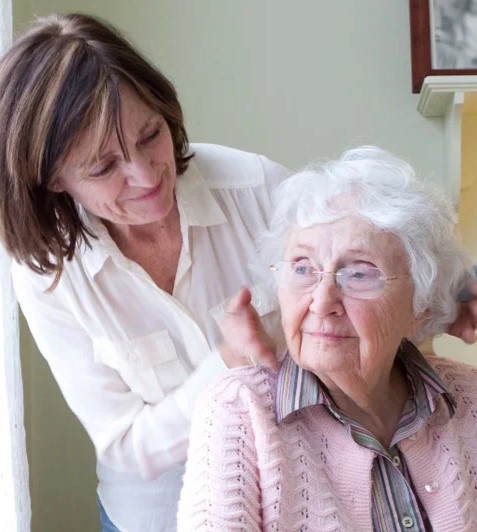Dementia is a condition that affects memory, thinking, and daily activities. It is caused by damage to brain cells and commonly occurs in older adults. Symptoms include memory loss, confusion, difficulty in communication, and changes in behavior. Alzheimer's disease is the most common type of dementia. While there is no cure, proper care and support can help improve the quality of life for those affected.
What is Dementia?
Dementia is a broad term for a decline in cognitive function severe enough to interfere with daily life. It’s not a specific disease but rather a collection of symptoms caused by various brain disorders.
Types of Dementia
There are several types, including Alzheimer's disease, vascular dementia, and Lewy body dementia. Each has unique causes but shares common effects like memory loss and impaired reasoning.
Common Symptoms
Symptoms often include confusion, forgetfulness, difficulty communicating, and changes in mood or behavior. Early detection is vital for better management.
The Risk Factors for Dementia
Risk factors include age, genetics, and lifestyle choices. While you can’t change your age or genetics, certain lifestyle changes—like staying socially active—can significantly reduce the risk.
The Connection Between Social Activity and Brain Health
How Social Interaction Impacts Cognitive Function
Ever notice how a lively conversation sharpens your mind? Engaging with others keeps your brain stimulated, enhancing memory and communication skills.
Enhancing Memory and Communication Skills
Talking to others requires quick thinking, recalling names, and forming coherent responses—essential exercises for your brain.
Preventing Cognitive Decline
Staying socially engaged helps delay or even prevent cognitive decline by maintaining neural connections.
Scientific Studies Supporting Social Engagement
Numerous studies show that socially active individuals have a lower risk of dementia. For instance, research published in The Lancet highlights social interaction as a protective factor against cognitive decline.
Why Social Activity Matters for Seniors
Combating Isolation and Loneliness
Isolation can lead to depression and faster mental decline. Social activities provide an antidote, offering purpose and joy.
The Psychological Benefits of Socializing
From boosting self-esteem to reducing stress, the emotional perks of social interaction are immense.

